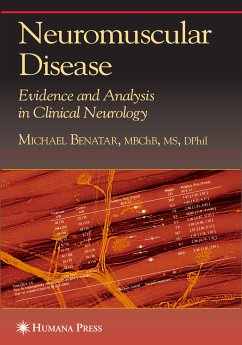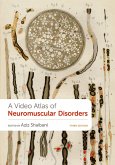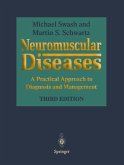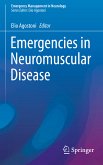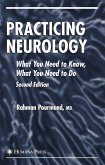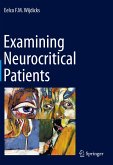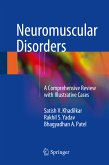Dieser Download kann aus rechtlichen Gründen nur mit Rechnungsadresse in A, B, BG, CY, CZ, D, DK, EW, E, FIN, F, GR, HR, H, IRL, I, LT, L, LR, M, NL, PL, P, R, S, SLO, SK ausgeliefert werden.
"The book religiously adheres to empirical evidence from studies of clinical evaluation and treatment of neuromuscular disease. ... its writing is crystal clear, with nice summaries in each section and at the end of each chapter. ... it is a superb tool in conjunction with traditional teaching or when used by practitioners or teachers. ... it is an outstanding source of the actual evidence, carefully reviewed and discussed, free of flashy distraction. As such, I will turn to it frequently as a trusted reference." (S. Claiborne Johnston, Muscle & Nerve, February, 2007)
"...useful for non-specialised and specialised neurologists treating neuromuscular disorders, and especially for those under the pressures of medicine who have difficulties in gathering detailed information required to reach unbiased conclusions." -Schweizer Archiv Fur Neurologie und Psychiatrie
"The information ... constitutes an easily accessible resource for the busy practitioner or the novice in the field, because the reader can select questions of interest without needing to read a whole review on the subject. The format is didactic and keeps the reader engaged. ... this book can provide easy reading for the busy general neurologist and offers quick and succinct answers to questions raised in everyday practice regarding the diagnosis and management of common neuromuscular problems." (Marinos C. Dalakas, The New England Journal of Medicine, May, 2007)

